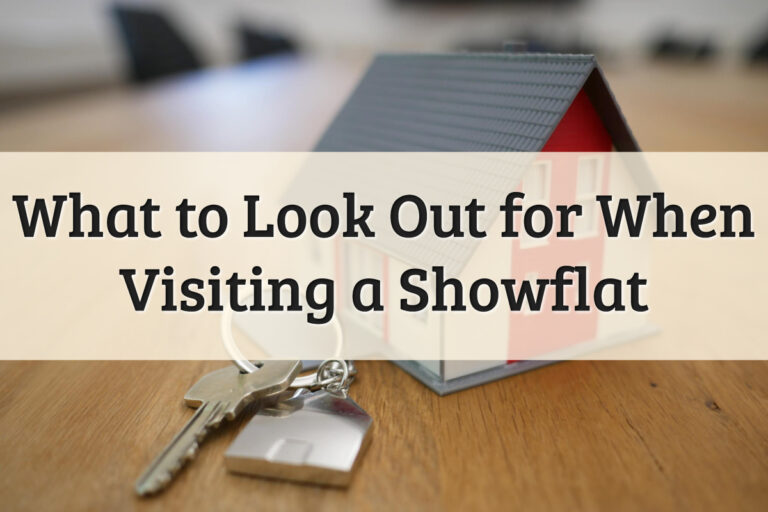What You Need To Know About Downpayment For Condo
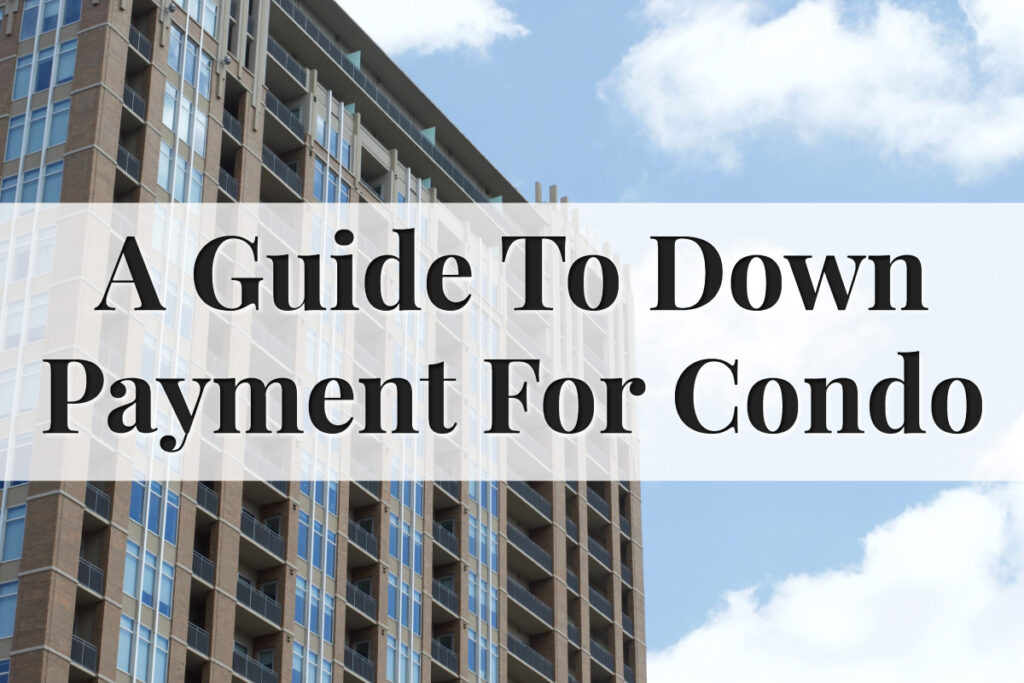
One of the most fulfilling investments you’ll ever make is the purchase of a primary residential property. Avoiding paying rent can be a major financial step in the right direction. Lots of people might not know what it takes to make such a major investment. That’s why it’s strongly recommended to start by setting clear goals and learning as much as you can.
There are several aspects involved in buying a condo in Singapore, including the condo downpayment . Although the process of purchasing a condo in Singapore is not more sophisticated than for an ordinary home, there are some things first time home buyers should be familiar with.
This is because decisions on the condo down payment can greatly affect the total mortgage payments and the overall cost of buying a given property. Generally, this article will discuss the upfront costs, including the down payment for a condo in Singapore.

What Is Downpayment For Condo?
The downpayment refers to the initial amount of money required to buy a property. In Singapore, every home purchase requires a certain downpayment. Downpayment for condo Singapore is required to minimize the risks involved. Keep in mind that the banks and other financial institutions are the ones that will lend you money to finance your purchase.
A down payment for condo serves as a form of risk management for the bank. It shows that you have the ability to purchase a condo. It is also the amount of money that the bank will receive back if you end up defaulting on your loan amount.
The sum of your downpayment will affect your loan in a number of ways:
- Mortgage default insurance may be necessary, depending on the size of your down payment on condo purchase.
- A small down payment on a condo attracts higher interest rates on your bank loan for condo financing.
- The size of your downpayment will also affect your monthly payments. The larger the downpayment, the smaller your monthly loan repayments will be.

Factors Surrounding Downpayment For Condo
1. Type And Size Of Unit
Generally, the larger the property you plan to purchase, and the more rooms it contains, the higher the price.
2. Residential Status In Singapore
Your citizenship or residential status in Singapore has an impact on your downpayment since this will determine whether you’ll have to pay the Additional Buyer’s Stamp Duty and the respective tax rates.
This tax rate was initially introduced in 2011 by the Singapore government to reduce the high real estate investment demand by both Singaporeans and foreigners alike. Another reason why it was implemented is to maintain the affordability of houses for a Singapore citizen and to allow the average condo price in Singapore to increase sustainably in line with economic fundamentals.
The Additional Buyer’s Stamp Duty was ultimately increased in 2013 to help cool the red-hot private housing market at the time and to avoid the emergence of a property bubble and a major decrease in property prices at some point.
With the subsequent cooling measures of 2018, the tax rate was increased even further. With the new ABSD tax rates, a Singapore citizen who’s purchasing their first home is exempted from paying tax.
If you’re buying your second, however, you incur a 12 percent tax. For example, if you are looking at a million-dollar condo in Singapore as your second property, you’ll have to pay an ABSD of S$120,000. The overall downpayment will be 25% of the final purchase price or property value.
3. Existing Number Of Homes
In addition to your citizenship, the existing number of properties has an impact on your upfront cost also because it also determines whether you’ll have to pay the Additional Buyer’s Stamp Duty and the respective tax rate.
For a Singapore permanent resident, you will face a 5 percent property tax for your first home purchase, along with a 15 percent tax rate for any subsequent purchases. On the other hand, foreign buyers will face a 20 percent ABSD whenever they want to buy a residential property in Singapore.
This means that whenever you purchase a $1 million executive condominium here, you will be expected to pay $200,000 as tax. This explains why most foreigners prefer to purchase commercial properties in Singapore as opposed to residential executive condos since the Additional Buyer’s Stamp Duty is not levied on such properties.
If you are a United States citizen, however, you’re in good luck since you won’t have to pay the Additional Buyer’s Stamp Duty for your first property purchase in Singapore. Citizens of the United States, Iceland, Norway, Liechtenstein, and Switzerland are regarded as Singaporeans when it comes to the Additional Buyer’s Stamp Duty.
This is because of two crucial free trade agreements the government of Singapore has signed with the European Free Trade Association (EFTA ) (which includes the aforementioned European nations) and the United States. At the same time, Singapore nationals are treated the same in the above countries.

4. Loan-To-Value Ratio (LTV)
In addition to the condo selling price, it is important to consider your Loan-to-Value ratio (LTV) since it also has a significant impact on how much downpayment you will have to pay. The LTV ratio varies depending on the number of existing loans for homes you hold.
If you don’t have any outstanding home loan, the LTV will be 75 percent if the tenure is a maximum of 30 years and your age as a borrower doesn’t exceed 65 years. This implies that you will have to pay the remainder (25%) in cash . If you don’t have cash, using CPF to buy condo is sometimes recommended. So if you’re asking ‘can I use CPF to buy condo’, the answer is yes.
You can utilise your CPF Ordinary account finances to buy a condo by paying off a portion of your downpayment. If the tenure has a maximum of 30 years or your age extends beyond 65 years, the LTV ratio is 55 percent. This implies that you will have to pay the remainder(45%) in cash or from your CPF savings account.
If you have one outstanding loan, the LTV will be 45 percent if the tenure is a maximum of 30 years and your age as a borrower doesn’t exceed 65 years. This implies that you will have to pay the remainder(55%) in cash or from your CPF ordinary account.
If the loan tenure is a maximum of 30 years or your age extends beyond 65 years, the LTV ratio is 25 percent. This implies that you will have to pay the remainder(75%) in cash or from your CPF funds.
If you have two or more home loans, the LTV will be 35 percent if the loan term is a maximum of 30 years and your age as a borrower doesn’t exceed 65 years. This implies that you will have to pay the remainder (65%) in cash or from your CPF account.
If the loan term is a maximum of 30 years or your age extends beyond 65 years, the LTV ratio is 15 percent. This implies that you will have to pay the remainder (85%) in cash or from your CPF savings.
5. Total Debt Servicing Ratio (TDSR)
To determine your TDSR [1], divide your total debt by your monthly income. The total debt for this calculation will include your new loan, property tax, car loans, fees, etc. Your income refers to the amount that’s shown on the T4 slips or tax returns.
Once you have verified all of these figures, the ratio should not be more than 44%. For example, If your total or gross monthly income is $6,000, then your total debt cannot be more than $2,640.

Additional Finances To Consider When Buying A Condo
CPF Funds
You are obligated to pay no less than 20% of the downpayment in a combination of cash and CPF. This comprises the 5% Option Fee and the 15% Exercise Fee.
Option-To-Purchase (OTP)
Once the seller and buyer have agreed on the price of the property, the buyer is required to pace an Option Fee (which is typically 1 percent of the final purchase price) in order to get the OTP. This is essentially the buyer reserving the property so the seller doesn’t do business with anyone else.
For this part of the home buying process, the buyer may need to hire a professional conveyance lawyer to ensure the legal aspects are well taken care of. Conveyancing is the process of transferring an HDB flat or property from one person to another and normally costs around $2,000 to 3,000 for condos.
The OTP is normally drafted by the seller’s lawyer and presented to the buyer’s lawyer. It includes:
- Details of the OTP, including the Option Period, and the Option Fee
- Each party’s details, including the seller and buyer’s names, ID numbers, addresses, contact numbers, and so on
- The property details, including the property’s physical address, selling price, floor area, move-in date, etc
- The seller and buyers rights and obligations
Buyer’s Stamp Duty (BSD)
As a buyer, you are also expected to pay Buyer’s Stamp Duty (BSD), typically within fourteen days after signing the Sale And Purchase Agreement. BSD can be paid via cash, bank transfer, cheque, GIRO, or NETS to the Inland Revenue Authority of Singapore (IRAS).
Other Miscellaneous Fees
Other miscellaneous costs and fees that you should consider include incidental costs such as legal fees, and the Additional Buyer’s Stamp Duty (ABSD) rates besides the BSD payable. Although you can use the CPF savings to offset such costs, you will have to pay the balance in cash if your account doesn’t have a sufficient amount of money.
Conclusion
How much downpayment for a condo purchase will depend on all the factors discussed above. If possible, it advisable to pay a large downpayment. However, that may not always be possible in today’s difficult economic times.
With so many appealing new executive condominiums and private condos in the local real estate market, it may not be easy to determine which property is ideal for your investment. That’s why it’s recommended to work with a property agent or mortgage broker to determine the best options for you.
Property Listings
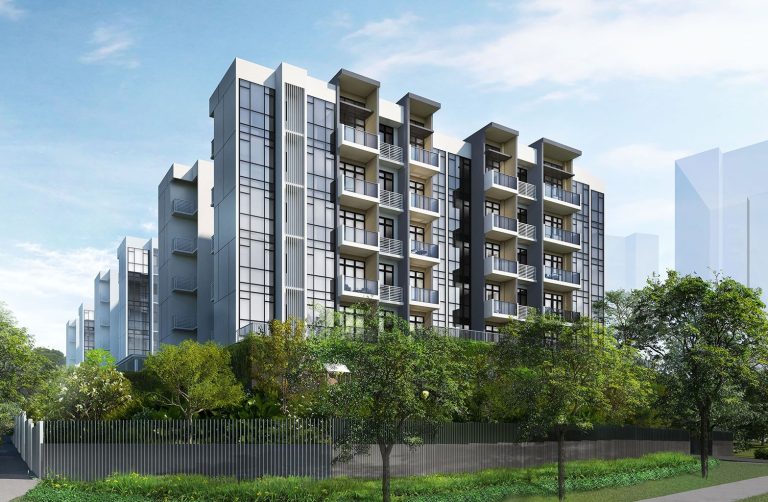
Our Thoughts On The Arden: Your Buyer’s Guide
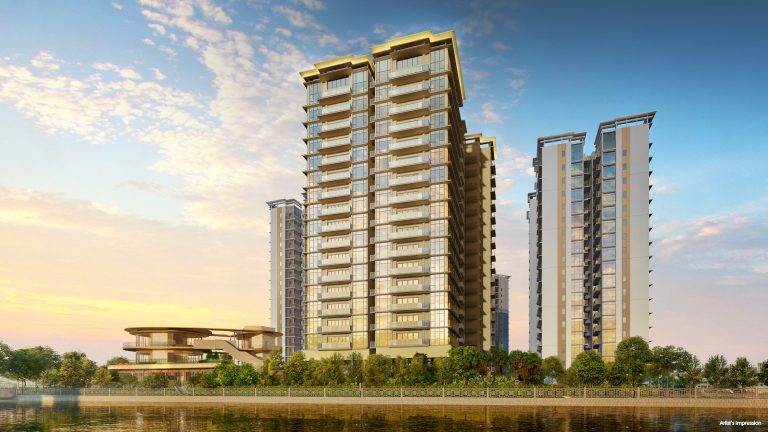
Our Thoughts On Dunman Grand Residences: Your Buyer’s Guide

Our Thoughts On Pinetree Hill: Your Buyer’s Guide
Blog Post
Emerald of Katong: Your Ultimate Guide to Upscale Living in Singapore’s Vibrant Heart
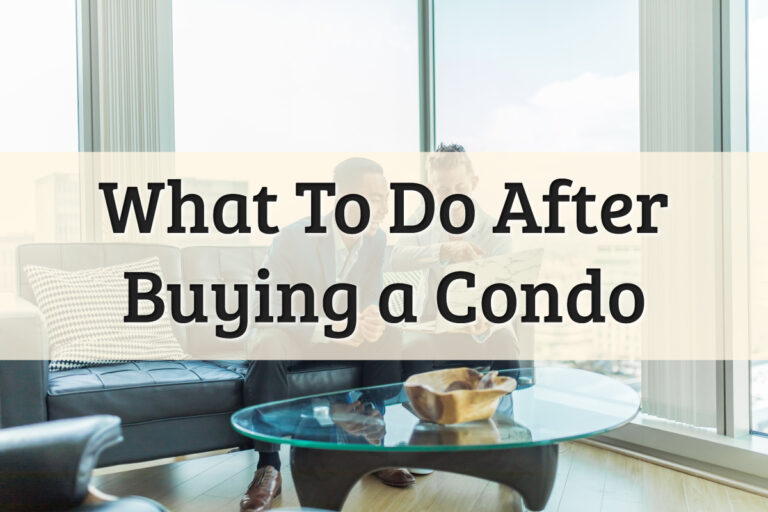
What To Do After Buying a Condo
